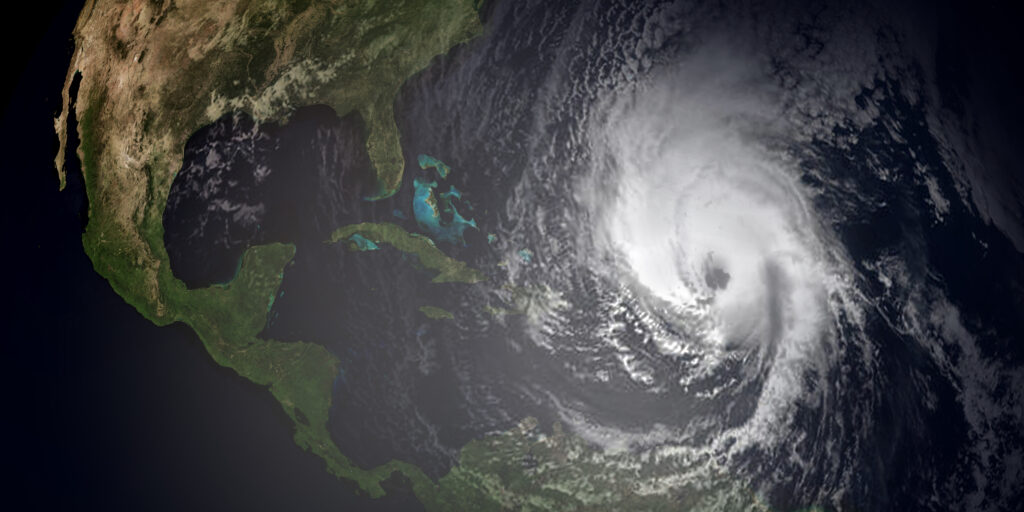IRS Offers Tax Relief for Hurricane Victims

Florida residents who were victims of Hurricane Irma will now have an extended tax deadline. This week, the Internal Revenue Service (IRS) announced that people in parts of Florida and elsewhere who have suffered during Hurricane Irma will now have until January 31, 2018 to file certain business and individual tax returns as well as make particular tax payments. Similar to the announcement following Hurricane Harvey, the IRS hopes to offer relief for those overwhelmed by the aftermath of the storm with these tax extensions. This tax relief is being offered to anyone in the designated area from the Federal Emergency Management Agency (FEMA). To see if you qualify, please refer to this disaster relief page provided by the IRS.
While most Florida residents have experienced devastation following a hurricane before, the aftermath is overwhelming and stressful for everyone involved. The IRS has done an excellent job of recognizing these difficulties and doing what they can to make life easier for those who have suffered in the massive storm. John Koskinen, IRS Commissioner, shed some light on the organization’s stance stating, “”This has been a devastating storm for the Southeastern part of the country, and the IRS will move quickly to provide tax relief for victims, just as we did following Hurricane Harvey. The IRS will continue to closely monitor the storm’s aftermath, and we anticipate providing additional relief for other affected areas in the near future.”
As of today, all Florida counties are currently eligible for tax relief. Individuals who have returns on valid extensions due October 16, 2017 and businesses who have returns on valid extensions due September 15, 2017 will now both have until January 31, 2018 to file. In addition, a number of other tax deadlines will qualify for relief. The deadline for quarterly payroll and excise tax deposits qualifies for relief and the IRS has made it clear that they are waiving late-deposit penalties that are normally due during the first 15 days within the disaster relief period. Finally, please note that the IRS automatically will provide filing and penalty relief to any taxpayer that is located in the disaster area based on their address of record.
There is no need to contact the IRS to get the above listed relief, as they are automating the process for accuracy. However, if you receive a penalty notice mistakenly, call the phone number listed on the notice to inquire. For any additional questions or concerns, take a look at the IRS website to learn more about your particular relief options.
